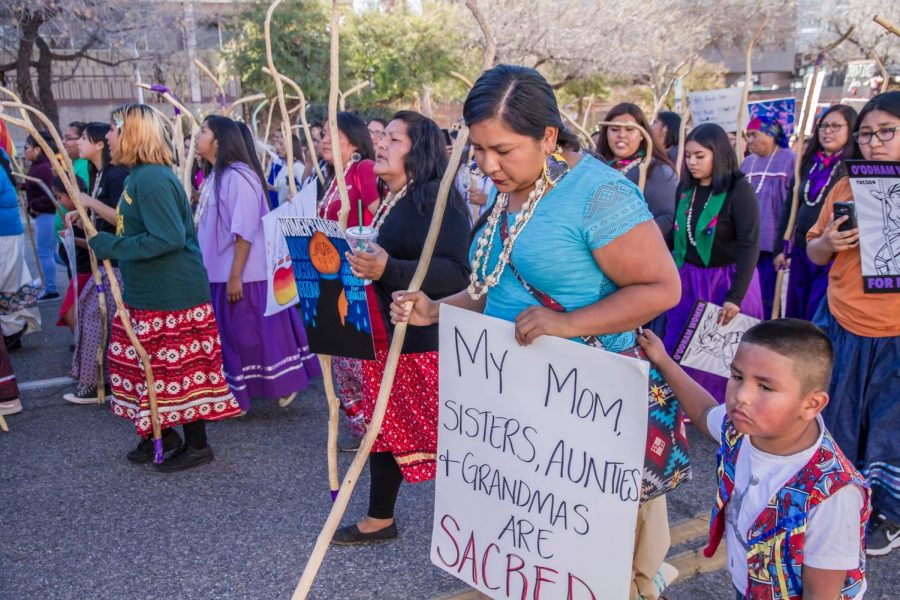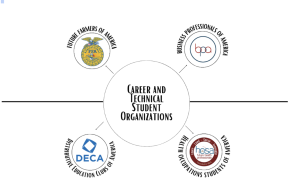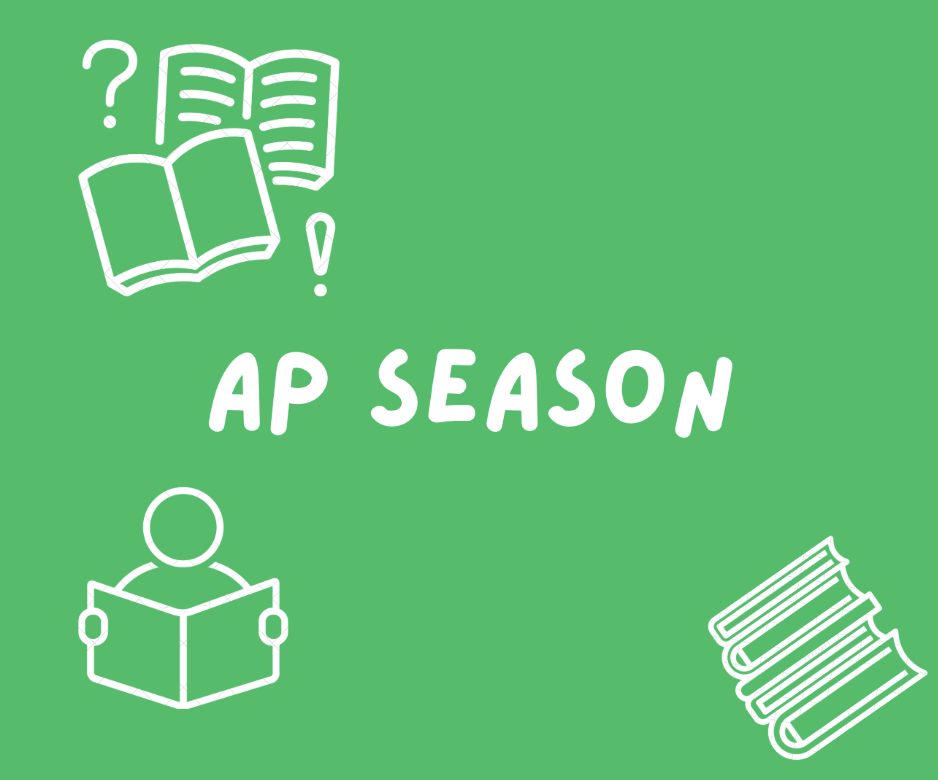Columbus Day: Should We Celebrate It?
October 19, 2019
As the start of October approaches, a long-lasting controversy over Columbus Day arises once again. Celebrated as a federal holiday every second Monday of October, Columbus Day commemorates the “discovery” of the Americas by Italian explorer, Christopher Columbus. For many Americans, the day praises Italian-American heritage as well as the success of European exploration. However, new interpretations have spawned controversies around the holiday and the man it honors, proposing the question: should we celebrate it?
Celebrated first in the United States on October 12, 1792, Columbus Day memorializes the day Christopher Columbus landed in the Americas in 1492. Many Italian-American and Catholic communities adopted the holiday, hosting parades with music and costumes. Adopting the holiday by these communities led to its official recognition as a national holiday in 1937. Today, Columbus Day is observed every second Monday of October, and although it is a federal holiday, not all states recognize it for its original meaning.
Since 1991, some states have adopted Indigenous People’s Day to commemorate Indigenous American heritage and achievements instead of honoring Columbus’s questionable actions. Currently, Minnesota, Alaska, Maine, Louisiana, Oregon, New Mexico, Hawaii, and Nevada have officially replaced Columbus Day with Indigenous People’s Day. As for Texas, cities like Austin have replaced the holiday while others are undecided. One thing is for sure, though, at Rick Reedy High School, Columbus Day is granted in the school calendar, leading to the question: what are we taught to value?
The Disregarded Controversy
According to his journals, Columbus denominated Indigenous Americans as “Indians” and believed them to be suitable servants, imposing forced labor policies for profit. During European exploration, the international slave trade expanded, leading to the enslavement and trafficking of Indigenous people by Columbus and his men. Furthermore, servants and slaves were subjected to violent treatment and forceful disciplinary actions. Columbus is credited as the pioneer of European invasive colonization and inhumane treatment of Indigenous people, so why does our school reinforce these principles by giving a day off?
The truth is that many students are not aware of the controversy that comes with the holiday. To many, October 12 will be a day dedicated to relaxing and personal activities; nevertheless, students’ indifference to the holiday is traced back to the mandatory school curriculum. It is a requirement for Social Studies teachers to teach all students about European exploration and Christopher Columbus; however, not all are conscientious of the way they deliver this lesson. It is easy for this lesson to come off as a heroic story other than what it truly is. Although Columbus did contribute to Americas’ Westernization, it does not mean that his intentions and actions were honorable. Students should be aware of the negative and inhumane consequences Columbus had on Indigenous Americans and should learn to generate an educated opinion on whether or not a man like that can be commemorated by a holiday.
High school years are critical for forming informed opinions because teenagers are easily impressionable, so there should be a bigger conscience of the connotation given to controversial lessons.
What can we do?
For starters, FISD should reconsider the curriculum taught to students and the undertones it might suggest. Furthermore, our school board should consider adopting Indigenous People’s Day instead of Columbus Day in our calendar. Finally, as students, we should actively try to be more informed about specific controversial topics and attempt to progress our school’s values peacefully.
It is up to us, the students, to decide the environment we create at our school. We are taught to value history, and yet we are indifferent when it comes to challenging the archaic views it implies. It is our responsibility to go beyond the classroom and create our own well-informed opinions. Christopher Columbus did discover America, but does that mean the exploitation of Indigenous Americans is justified?
This October 12, celebrate the heritage that isn’t controversial.
Sources:
“Columbus Day – The History, Significance and Controversy.” InterExchange, www.interexchange.org/articles/career-training-usa/columbus-day-history-significance-controversy/.
History.com Editors. “Columbus Day 2020.” History.com, A&E Television Networks, 4 Jan. 2010, www.history.com/topics/exploration/columbus-day.
History.com Editors. “Why Columbus Day Courts Controversy.” History.com, A&E Television Networks, 7 Oct. 2019, www.history.com/news/columbus-day-controversy.
Little, Becky. “Goodbye, Columbus. Hello, Indigenous Peoples’ Day.” History.com, A&E Television Networks, 6 Oct. 2017, www.history.com/news/goodbye-columbus-hello-indigenous-peoples-day.
“Today in History – October 12.” The Library of Congress, www.loc.gov/item/today-in-history/october-12/.










